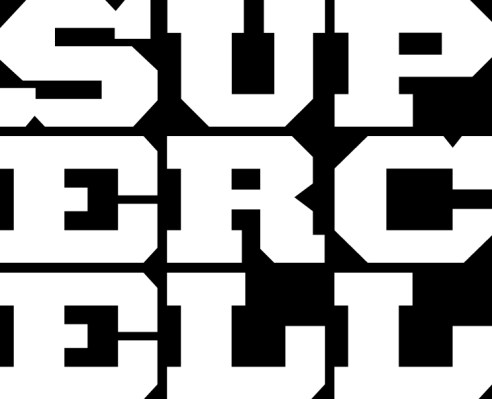Last month, we posted a bit of a rumor: that Finland’s Supercell — likely the most lucrative iOS gaming company in the world — had raised about $100 million in funding in a round led by Index Ventures, Atomico Partners and Institutional Venture Partners.
Now we have confirmation today that the deal did happen, according to a flashy Forbes feature.
The tiny Helsinki-based company, which is about 100-people strong, did in fact raise $130 million on a $770 million valuation from Index, Atomico and IVP. Like we said, the round was secondary: all shareholders, including early investor Accel Partners, sold 16.7 percent of their holdings in the company to the newer investors. Index took $52.5 million of the round.
Not only that, Supercell shared some revenue figures, (and holy crap, are they bigger than I thought they would be). Last quarter, Supercell made $179 million and netted $104 million of that after expenses and Apple’s 30 percent cut. Last year, they grossed $100 million.
Today, they’re making $2.4 million a day — which is about double the rumor figures I had heard from numerous sources in the industry. They also have about 8.5 million daily active users, which is actually lower than comparable companies like King or Zynga.
So they monetize their existing players well.
Why share these numbers now? It’s likely because Finland has some unusual rules around financial disclosures for privately held companies. Even privately-backed companies have to share the the split of their equity holdings. Angry Birds-maker Rovio reported earnings a few weeks ago, saying they doubled revenue and made about $195 million last year.
Supercell’s CEO Ilkka Paananen said in the Forbes story that they took the funding to give early shareholders a payout, give a “thank you” to employees and avoid pressure to go public.
Finnish business magazine Talouselämä has more details on how the round was structured. Apparently, all shareholders, including employees, were given the choice to sell 16.7 percent of the holdings, and all did. It’s equitable of them, in the sense that it wasn’t just executives that got to take cash off the table.
Clearly, Supercell didn’t need the capital. But $770 million is a steep bar to clear and they’ll now have pressure to prove that they’re worth several times that.
As for Index, which is effectively betting that Supercell will become a multi-billion dollar gaming company, one of their partners, Neil Rimer, posted an explanation of the deal earlier today. They were enamored of Supercell’s culture:
The founders had witnessed the downfall of too many companies that had turned into bloated, bureaucratic behemoths with many design studios in multiple time zones requiring massive management overhead and crushing hierarchies and to coordinate.
As its name implies, Supercell is organized as a collection of small, independent teams called cells tasked with developing new games or building new deep features for existing games. Cells are given complete autonomy in terms of how they organize themselves, prioritize ideas, distribute work and determine what they ultimately produce. Describing himself as the “world’s least powerful CEO”, Ilkka encourages cells to exercise extreme independence and prides himself on having no creative control over them once they are constituted. The company as a whole is merely an aggregation of these cells; a Supercell.
With only 100 employees compared to 3000 at Zynga and almost 10,000 at EA, Supercell offers a radically new model for agile content development that has made it the highest grossing iOS game developer with only 2 game titles (versus EA’s 970).
